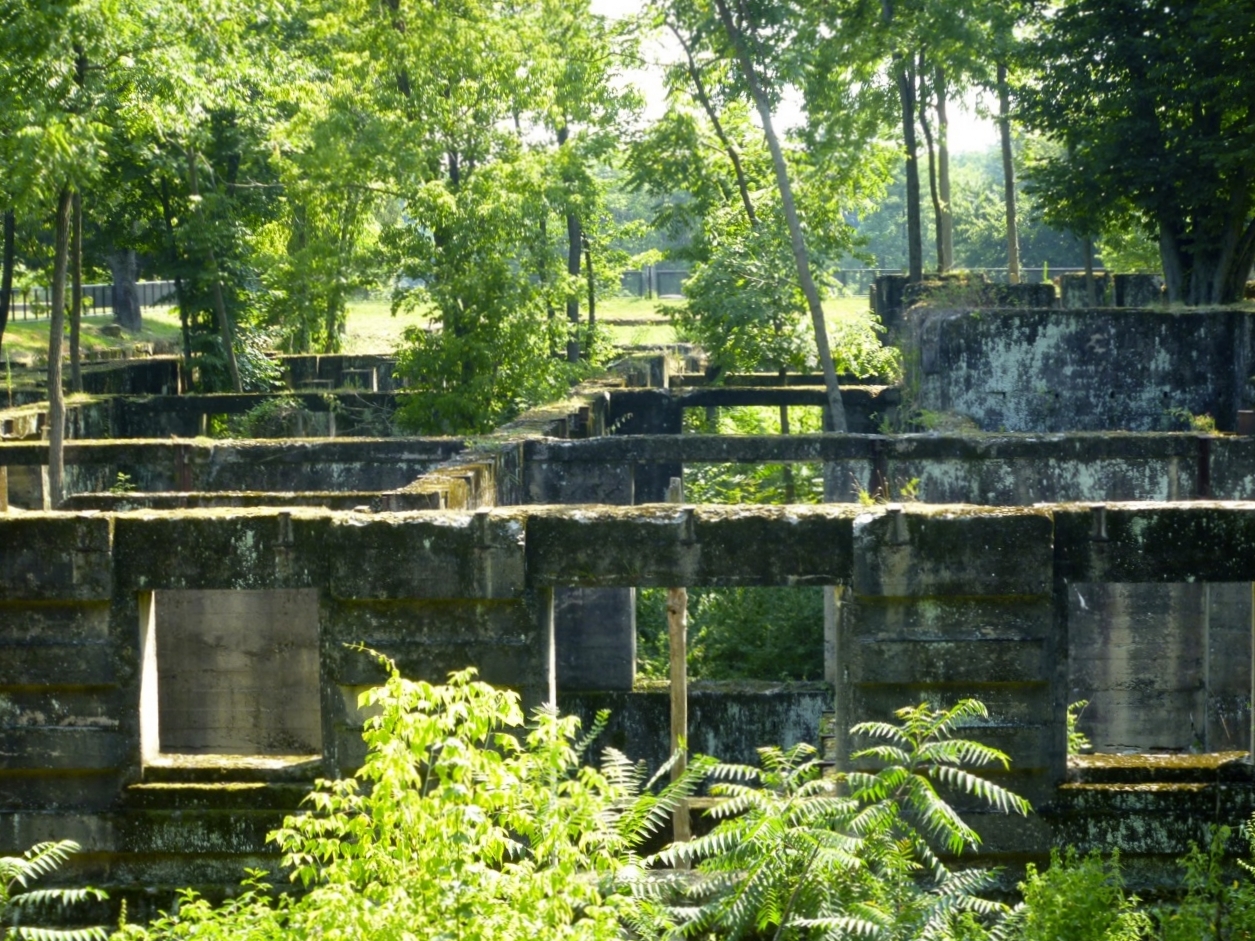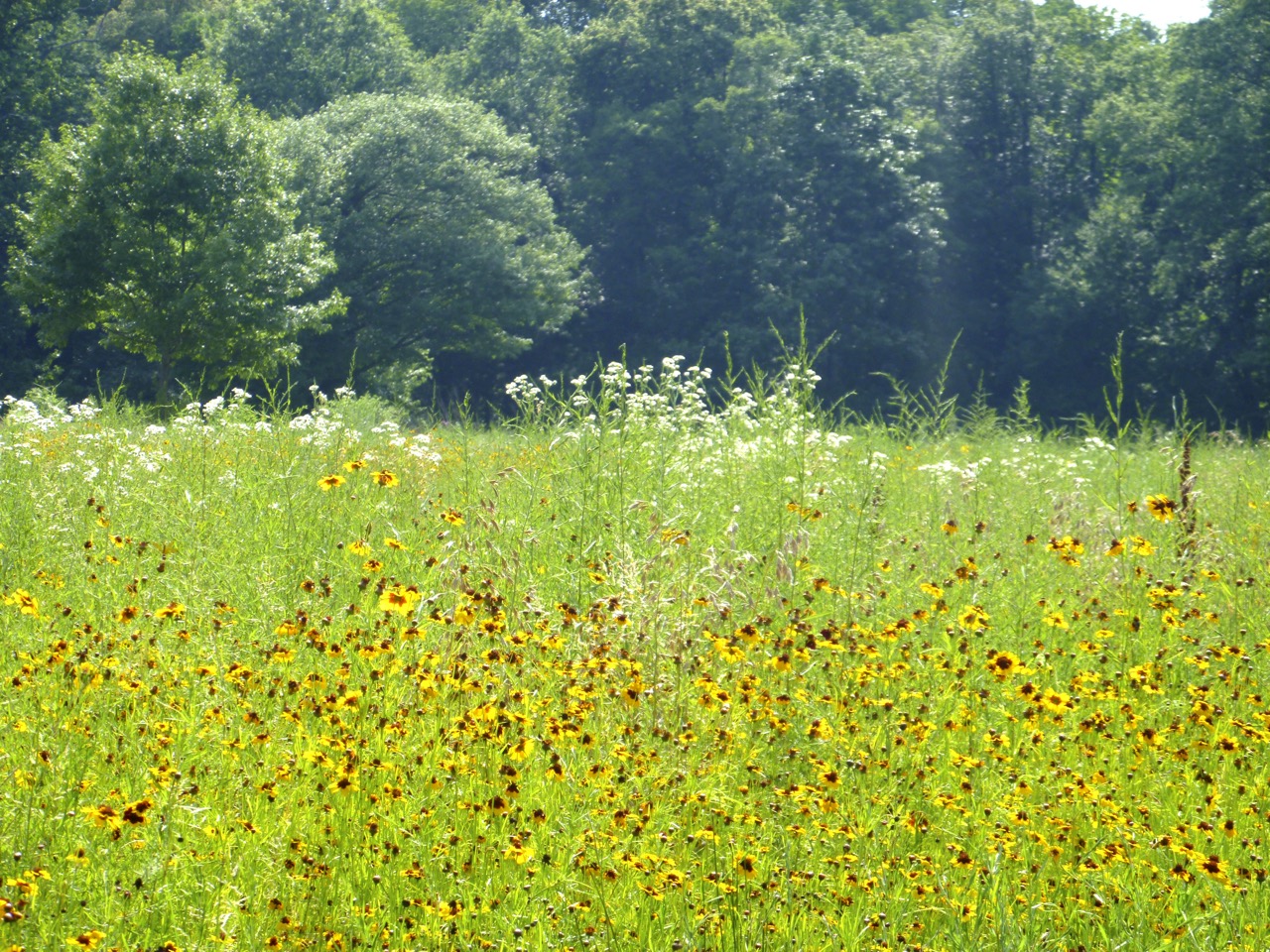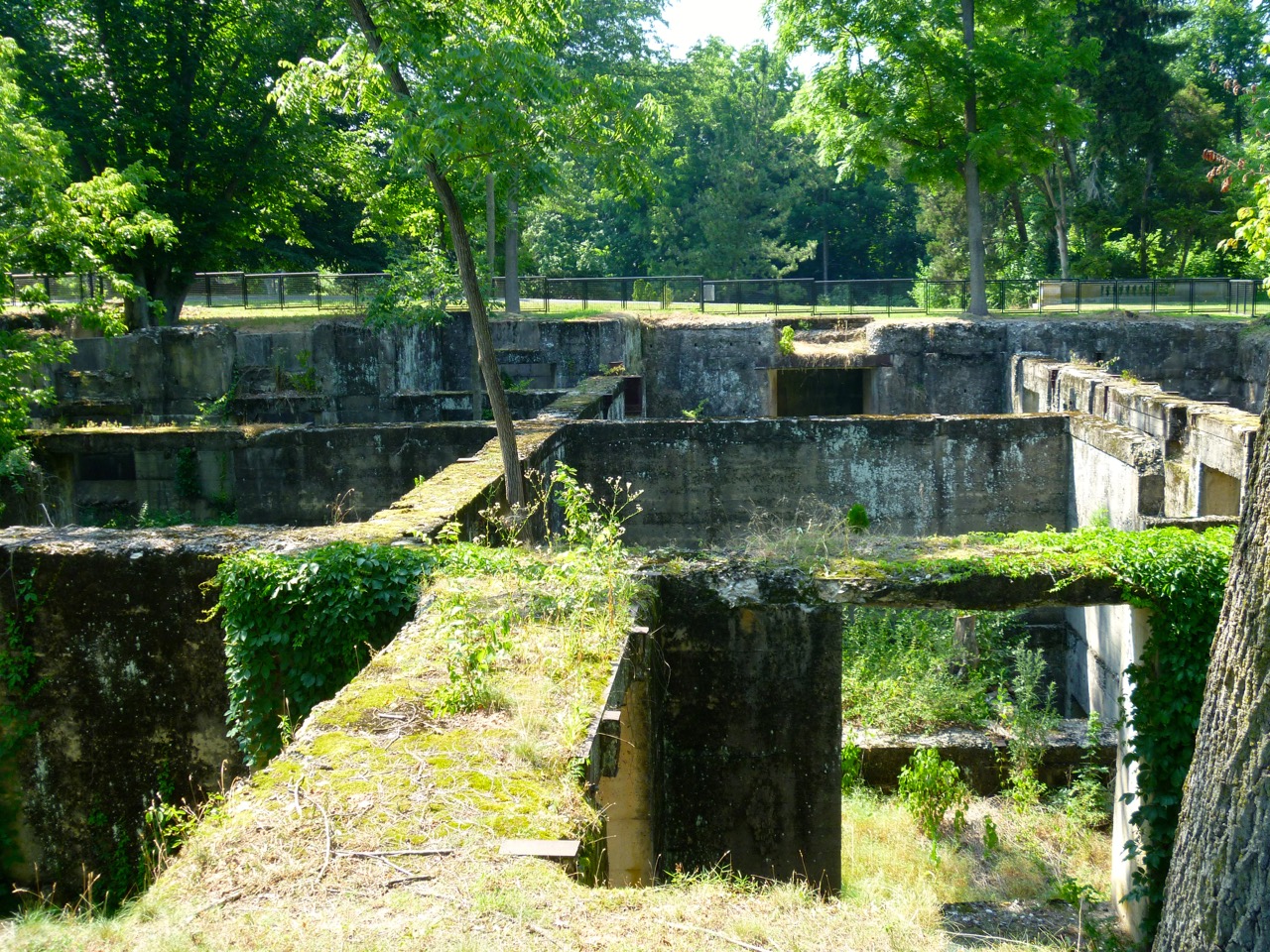James Buchanan (JB) Duke, founder of the American Tobacco Company, didn't always have it easy. Duke’s mom passed away when he was a child, and with his father in the American Civil War, the family had limited means.
Lucky Strike, a popular brand sold by the American Tobacco Company.
“After the close of the war [Duke’s father] returned home to a nearly ruined farm. Almost resourceless, the family seized upon the one asset still available to them. Marauding soldiers had overlooked a quantity of the so-called bright leaf tobacco on the farm; [the family] processed the tobacco, packaged it in small bags marked 'Pro Bono Publico,' and set out for the eastern part of the state in a successful effort to market their product. [A] factory was … erected on the family farm, and additional tobacco was both grown and purchased. From these modest beginnings the family firm … prospered and formed the basis of the Duke … fortune.” (Source: American National Biography Online.)
From this he created the American Tobacco Company. Duke was among the first in bringing cigarettes from Europe to the US. He reinvested his profits into buying up smaller firms and built market power.
By the 1890’s his business interests moved him to the New York City area where he also sought to create a country place inspired by memories of his native North Carolina. He amassed over 2,000 acres in Hillsborough, New Jersey that he called Duke Farms.
Around 1900 he hired several landscape architects to help him realize his dream of creating an idyllic landscape. The already beautiful site along the Raritan River was “enhanced” further – like many other picturesque gardens. Land was moved to create lakes and rolling hills. Greenhouses were built to cultivate exotic species. Miles of trails were created so that visitors could explore.
Rendering of design for the house that was never built. Today the terraced lawns is still visible, though the reflecting pool has been turned into a wildflower meadow. Source: Duke Farms.
In 1910, Duke hired architect Horace Trumbauer to create an 80,000 square foot country mansion. Trumbauer's design put the house at the top of a knoll. On one side was a formal approach and fountain, and on the other was a terraced lawn with grand staircases on either side.
Construction started on the two-story basement and tunnel that provided a service entry from the road.
Then construction stopped, and there is no official story as to what happened.
Around this time, the US Department of Justice was enforcing the Sherman Anti-Trust Act that dissolved monopolies that were impeding fair trade. Because American Tobacco controlled the entire US market, the company became a target. After five years of litigation, Duke was forced to break up the business. He had already diversified into the power industry (Duke Power) and shifted his focus there.
So why did construction stop? Maybe because he was spending more time on his power interests back in North Carolina now that he wasn’t running a tobacco company? Or maybe his new family decided that the 50-room manor house already on the property was good enough?
Interestingly, Duke continued to invest in other parts of the property, but nothing was done to update the knoll. Today the combination of exposed basement ruins, rear terraced lawns, and entry-court are surreal. They are all there to support a mansion that can only be imagined.
Duke Farms is free and open every day except for Wednesday. As you plan your summer travels to the US east coast, be sure to add Duke Farms to your trip.
Architect Horace Trumbauer was involved in many "Gilded Age" estates and public buildings including the Philadelphia Museum of Art.










